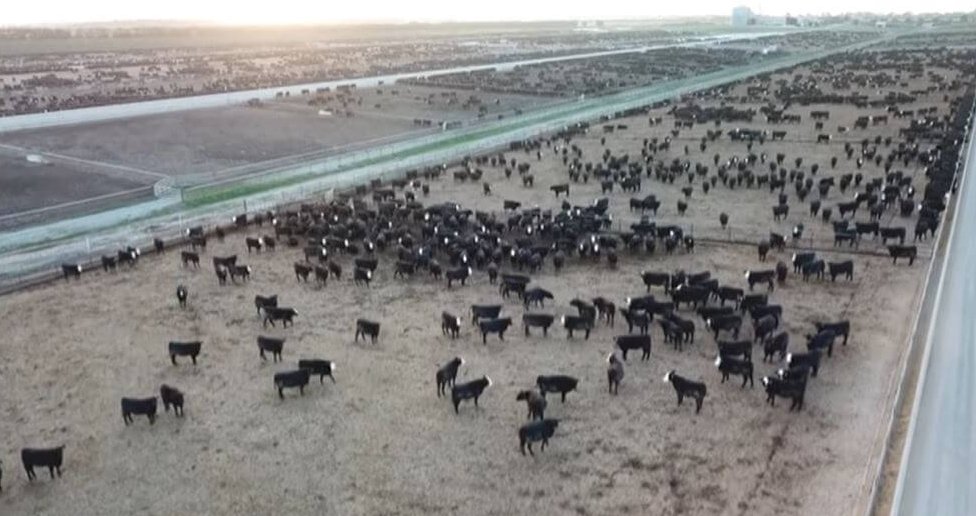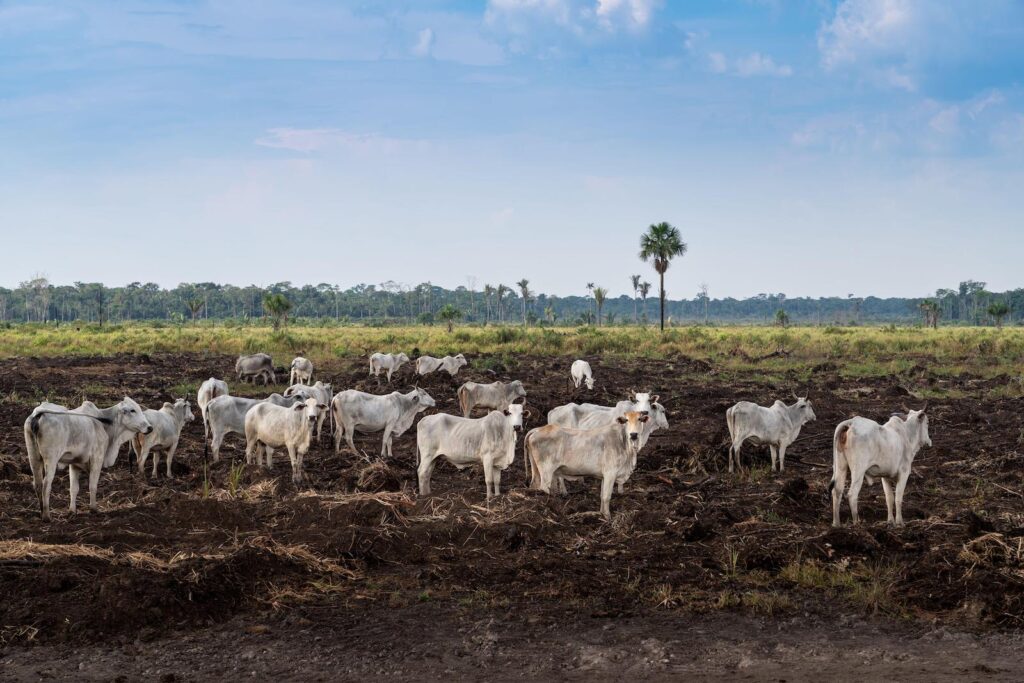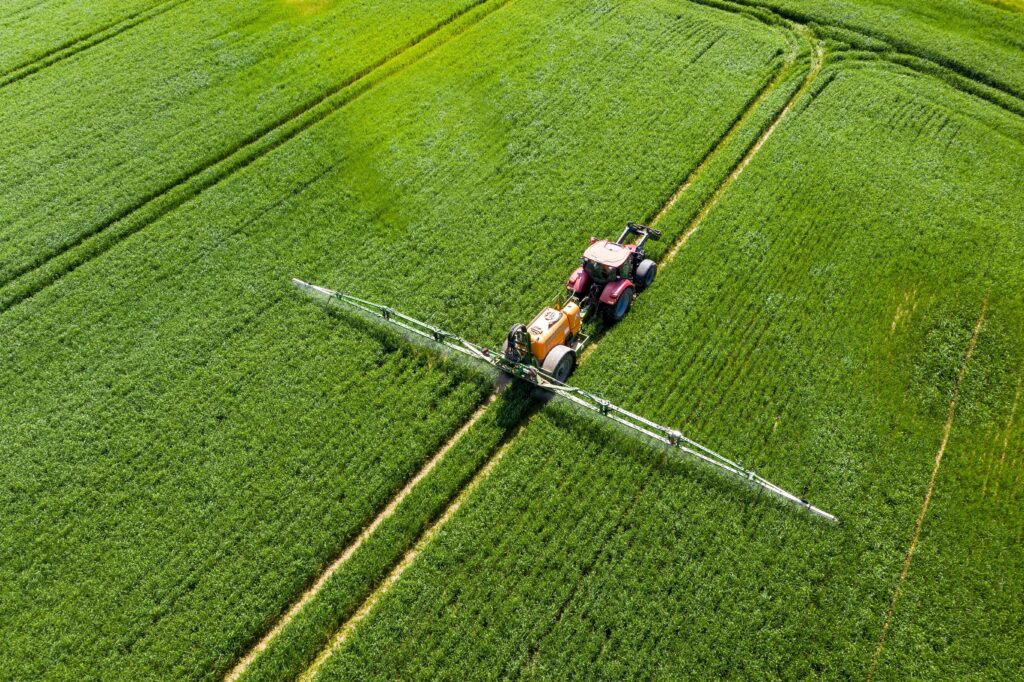Tim Radford for Climate News Network.
If the nations of the world really want to limit climate change to the level agreed five years ago, it will not be enough to immediately abandon fossil fuels as the principal source of energy: the global food system demands radical overhaul.
Humans will have to make dramatic changes to every aspect of agriculture worldwide, to planetary diet and to much else besides.
That is because the global food system − everything from clearing land and felling forests for cattle ranches to the arrival of meat and two vegetables on a suburban family dinner plate − accounts for 30% of the world’s greenhouse gas emissions. And to contain global heating later this century to no more than 1.5°C above the levels that existed before the Industrial Revolution, urgent action is needed.
In Paris in 2015, 195 nations undertook to limit the planetary thermometer rise to “well below” 2°C. The undeclared target was 1.5°C. In the last century, the global temperature has already risen by 1°C, and at the present rate it’s heading for a potentially catastrophic 3°C or more rise by around 2100.
British and US scientists report in the journal Science that they looked at the challenge of feeding a global population that has almost trebled in one human lifetime, and could reach 9bn or even 10bn later this century.
They found that the greenhouse gas emissions from food production alone would by 2050 take the world to the 1.5°C target, and to 2°C by the end of the century.
In just the five years that separated 2010 from 2017, the global food system accounted for an average of 16 billion tonnes of carbon dioxide equivalent in emissions each year. If humans go on pursuing business as usual, then the cumulative emissions from the food system could add up to 1,365 billion tonnes.
Emissions on that scale from the food system alone would take the planet past the preferred 1.5°C limit some time between 2051 and 2063, and reach the 2°C limit by 2100.
Remedies at hand
“Food is a much greater contributor to climate change than is widely known,” said Jason Hill, of the University of Minnesota, and one of the authors. “Fortunately, we can fix this problem by using fertiliser more efficiently, by eating less meat and more fruits, vegetables, whole grains and nuts, and by making other important changes to our food system.”
The finding should come as no great surprise: global heating is driven by more than simply the return of carbon dioxide fossilised 300 million years ago as coal, oil and natural gas to the atmosphere with every touch of the accelerator, with every jet plane take-off, with every ignition of the electric light, the air conditioning system and the heating, and every turn of industrial machinery around the planet.
It is also fuelled by the devastating clearance of natural forest, grassland and marsh for grazing land or plantation, and the conversion of natural canopy to fodder crops to nourish the world’s domestic cattle and sheep.
Researchers have repeatedly pointed out that even a relatively simple shift to greater reliance on a plant diet could save on carbon emissions, protect the million or so species threatened with imminent extinction, and improve global health, all at the same time.
Multiple benefits
So the latest study offers a new way of spelling out the scale of the problem − a global challenge that could be resolved by concerted and coherent international action.
The researchers identified five strategies that, they believe, could both help limit climate change and improve human health, enhance air quality, reduce water pollution, slow extinction rates and make farms more profitable.
The challenge is to increase crop yields per hectare, reduce food waste, improve farm efficiency and switch to healthy calorie supplies based increasingly on plant crops.
“Even partially adopting several of these five changes would solve this problem as long as we start right now,” said David Tilman, another author, and an ecologist at the university’s College of Biological Sciences.
Image: SAFE/Wikimedia Commons
Subscribe to our newsletter
Stay up to date with DeSmog news and alerts







